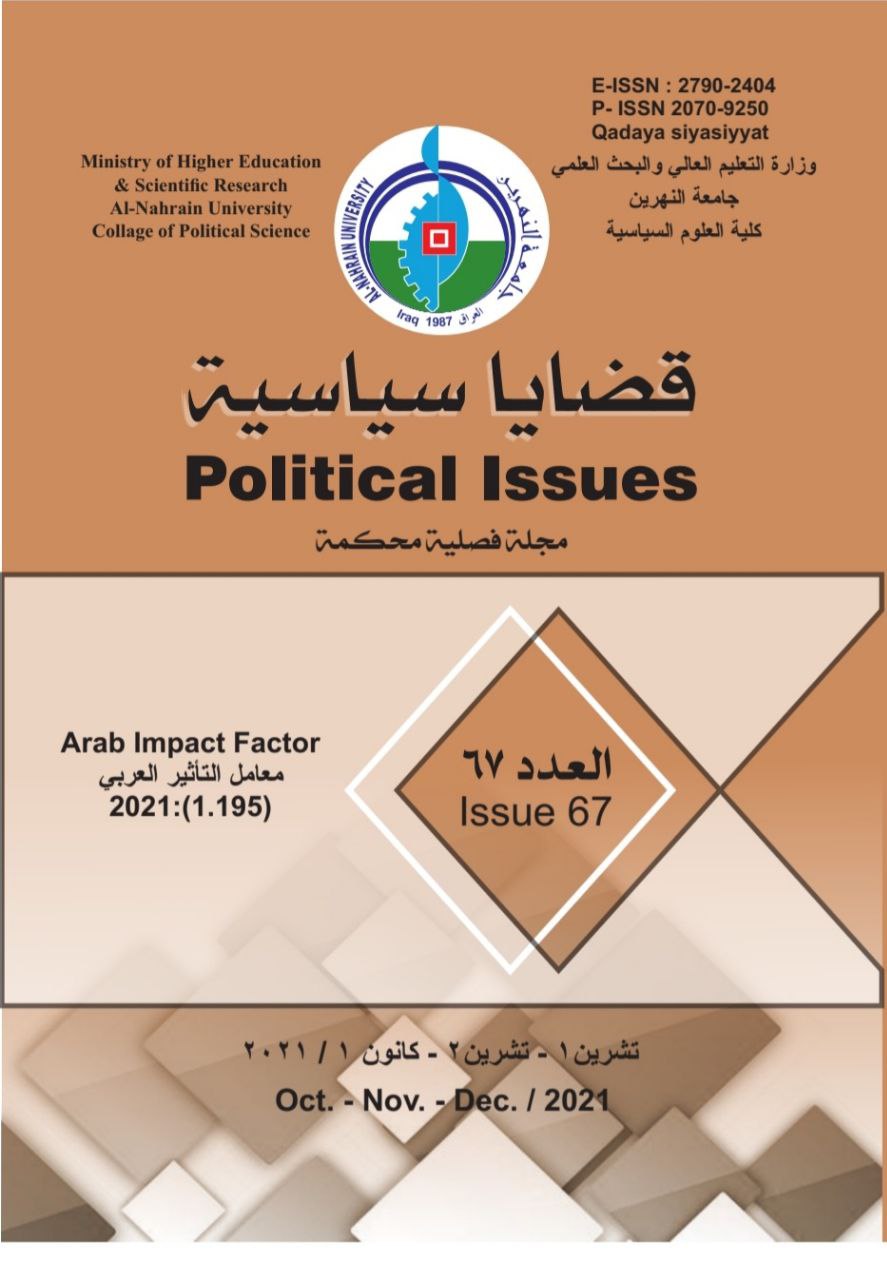Feminist theory in IR and its Impact upon Foreign Policies: Case Study of Sweden
DOI:
https://doi.org/10.58298/202250Keywords:
Feminist Theory, International Relation, Foreign Policy, Swedish Feminist Foreign PolicyAbstract
The "feminist theory", which began to appear in the 1990s, represented an addition to knowledge in the field of international relations alongside the explanations provided by the theories of realism and liberalism of the nature of the complexity that exists in international politics, although it took an exceptional perspective in the analysis and theorizing of this complexity and the underlying causes Behind the phenomenon of conflict and wars. The theory was not satisfied with defending the idea that neglecting the role of women in decision-making makes conflicts dominate the relations between nations and peoples, but also showed another positive aspect of this participation represented in its reflection on development and economic well-being. Consequently, "gender equality" has become a goal of many domestic policies, as well as a goal of some countries' foreign policy. However, power, interest, and traditional institutional structures remain the biggest obstacle to the expansion of the applications of this theory.

Downloads
Published
Issue
Section
License
This is an Open Access article distributed under the terms of the creative commons attribution (CC BY) 4.0 international license which permits unrestricted use, distribution, and reproduction in any medium or format, and to alter, transform, or build upon the material, including for commercial use, providing the original author is credited.





